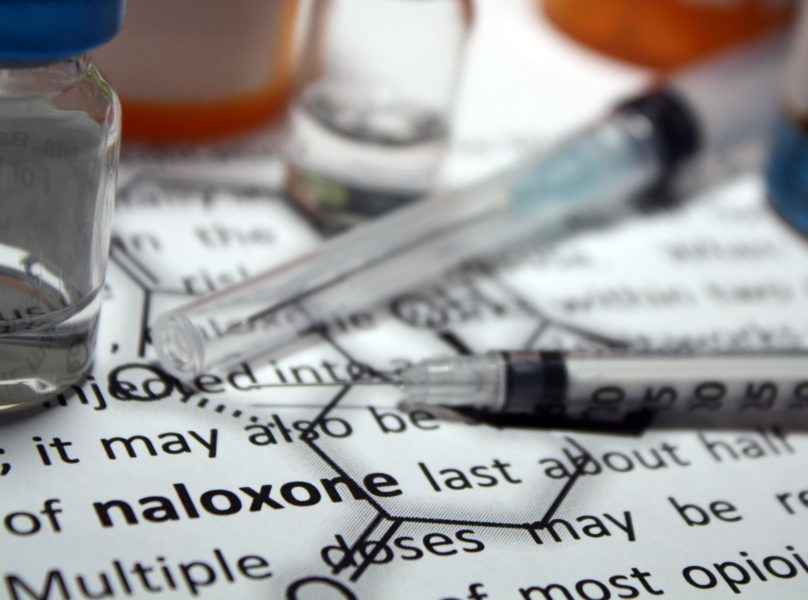
Mental Health and Well-Being
The Network's legal and policy interventions to promote mental health and well-being.

The Network's legal and policy interventions to promote mental health and well-being.

The national opioid epidemic began with widespread addiction to, and misuse of prescription painkillers. More recently, illegal drugs such as heroin and illicitly manufactured fentanyl are responsible for a majority of fatal overdoses. As well, a growing number of states are legalizing marijuana, still considered an illicit drug at the federal level, for medical and adult recreational use. Law and policy can help or hinder harm reduction and overdose prevention measures.

For many communities across America, limited access to oral health services remains a persistent issue. Learn about the legal and policy pathways to expand access to oral health care.

Federal, state and local public health officials enforce laws and regulations that protect us from involuntary exposure to known toxins, including imposing requirements for drinking water, setting strict guidelines for chemicals and pollutants, and compliance with lead-free housing standards.

Access to safe, healthy food is integral to good health. The United States has one of the safest and most abundant food systems in the world, yet millions of Americans still suffer from foodborne illness or lack reliable access to a sufficient quantity of affordable, nutritious food. State and local government, as well as communities can leverage law and policy to ensure food safety and security for families and individuals.

Children and teens spend a good deal of time in school and it's important to ensure they're healthy enough to learn. Law and policy can support strategies and programs that provide kids with a safe environment and nutritious meals, as well as nursing and other health services, including dental care, that are essential in promoting health in school.

Our homes are key to our health, yet an estimated six million American homes are in substandard condition, and tens of millions more have one or more health or safety hazards. Furthermore, an increasing number of Americans are not able to afford housing and as a result, homelessness is becoming a national crisis in many parts of the country. Law and policy solutions are needed to improve access to healthy, affordable housing, particularly for low-income and marginalized communities.

The role of tribal public health law is vital for the future of tribal populations given significant health disparities that continue to affect the lives of tribal members. Compared to citizens of other races in the United States, American Indians and Alaska Natives have been documented as having significantly higher rates of chronic disease, such as diabetes, obesity and cardiovascular disease, as well as higher rates of mortality from these diseases and from cancer.

[Introductory Paragraph. This paragraph is placeholder copy.] The Patient Protection and Affordable Care Act is the most comprehensive health reform legislation enacted by the United…

The Affordable Care Act (ACA) requires nonprofit hospitals to conduct an assessment of the health needs of the people in the communities they serve…